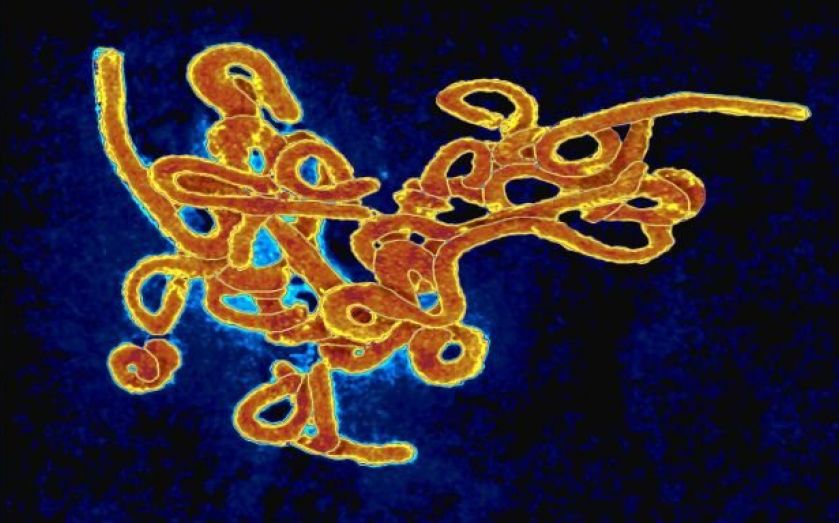| Updated:
Why Ebola almost definitely won’t spread in the US

Last night it was confirmed that a man in Dallas, Texas, had contracted the Ebola virus. This is the first time the disease has been confirmed in a patient in the US.
The US Centre for Disease Control (CDC) said the sufferer had recently returned from Liberia – the country worst hit by the epidemic currently gripping West Africa. He arrived in the US on 20 September and began to develop symptoms on 27 September.
Since it broke out in February, the epidemic has killed more than 3,000 people, according to World Health Organisation (WHO) figures.
But now a case has been confirmed in the US, how likely is it that it will spread to other people in the country? Given the various measures the Obama administration has taken to protect America against the virus, it seems unlikely.
Last month, the White House insisted the risk of contagion was lower than that of flu, but announced that it was nonetheless putting measures in place to “fortify against the introduction of Ebola cases into the United States".
“Despite the tragic epidemic in West Africa, US health professionals agree it is highly unlikely that we would experience an Ebola outbreak here in the United States, given our robust health care infrastructure and rapid response capabilities,” it said in a statement.
“Nevertheless, we have taken extra measures to prevent the unintentional importation of cases into the United States, and if a patient does make it here, our national health system has the capacity and expertise to quickly detect and contain this disease.”
Customs and border patrol personnel are being trained so that they are able to spot any travellers who show signs of the disease, while guidance on dealing with the infection is being given to airline flight crews, cleaners and cargo personnel.
Students returning from countries where the outbreak is present are being watched closely, and advice is being issued to schools and universities. Additionally, those who travel to the US from West Africa and are unwell are being put in quarantine.
“If a sick traveller is identified during or after a flight, the traveller will be immediately isolated, and CDC will conduct an investigation of exposed travellers and work with the airline, federal partners, and state and local health departments to notify them and take any necessary public health action,” the White House said.
It added that in the event of another infected person making their way onto US soil, the government has the ability to spot cases with "enhanced surveillance and lab testing".
The precautions extend to the Food and Drug Administration, which is looking out for fraudulent products and false claims around the Ebola virus “and is prepared to take enforcement actions, as warranted, to protect the public health”.